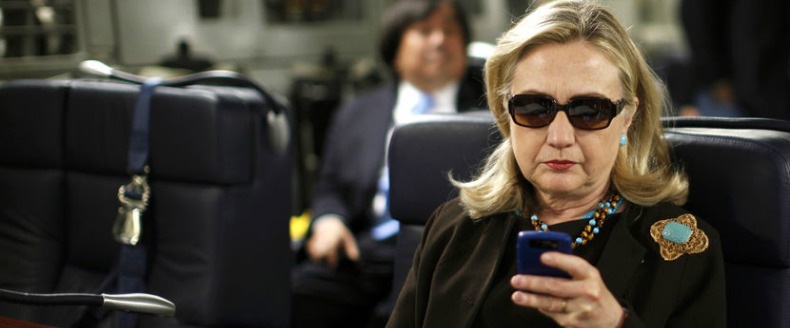While Epolitics.com was well into its post-election hiatus in December, I awoke briefly from an editorial slumber to write in Campaigns & eletions about the strange year political data had in 2016. My definition of “data” was inclusive: the piece wove the DNC VoteBuilder data breach, Clinton’s email server, Russian hacks and fake news into a narrative about political data gone bad, ending with something you might hear in a freshman philosophy class:
The deep irony of a year in which data drove the political discourse? We’re ending it talking about what it means for something to be “true.â€
Guess what: it got worse. Shortly after I wrapped up that piece, Politico dropped a fantastic article examining how the Clinton campaign’s overconfidence in its data models may have cost her swing states like Michigan…and with them, the election. I’d heard rumors about data weirdness in her grassroots operation (for example, canvassers wasting their time on unpersuadable voters while ignoring Democrats ripe for turnout), but this article was damning: for months, the campaign ignored warnings from people on the ground that they couldn’t take “safe” states for granted. It sounds like they weren’t even tallying information from field canvassers! A big change from Obama’s campaigns, which made major decisions based in part on data gathered in the field.
Like McNamara’s whiz kids in the Vietnam era, Clinton’s team put their faith in computer models that showed them winning, never mind what experienced local pols thought. Instead of shoring up their Rust Belt “firewall”, her staff put time and energy into aspirational states like Arizona. By the time they noticed that parts of the Obama coalition weren’t going for her in the Midwest, too little time remained for campaigning to make a difference.
Their failing was demographic as well as geographic, according to Scott Goodstein, whose firm Revolution Messaging was core to Bernie Sanders’s digital outreach. Clinton staffers not only rebuffed his offer to assist with young-voter outreach after the Democratic convention, they ran very little digital advertising even as Trump’s team was pouring money into Facebook (something I noted in an earlier C&E piece in September). According to Goodstein, they failed to reach millennials where they live — on social media.
Add them to African-American voters, evangelicals and other groups the Clintonites simply failed to engage. Like the whiz kids, Clinton learned a basic rule of computer science too late: computer models are only as good as the date — and the assumptions — that go into them. In other words, garbage in, garbage out. Unfortunately, we ALL have to live with the consequences now.
– cpd

